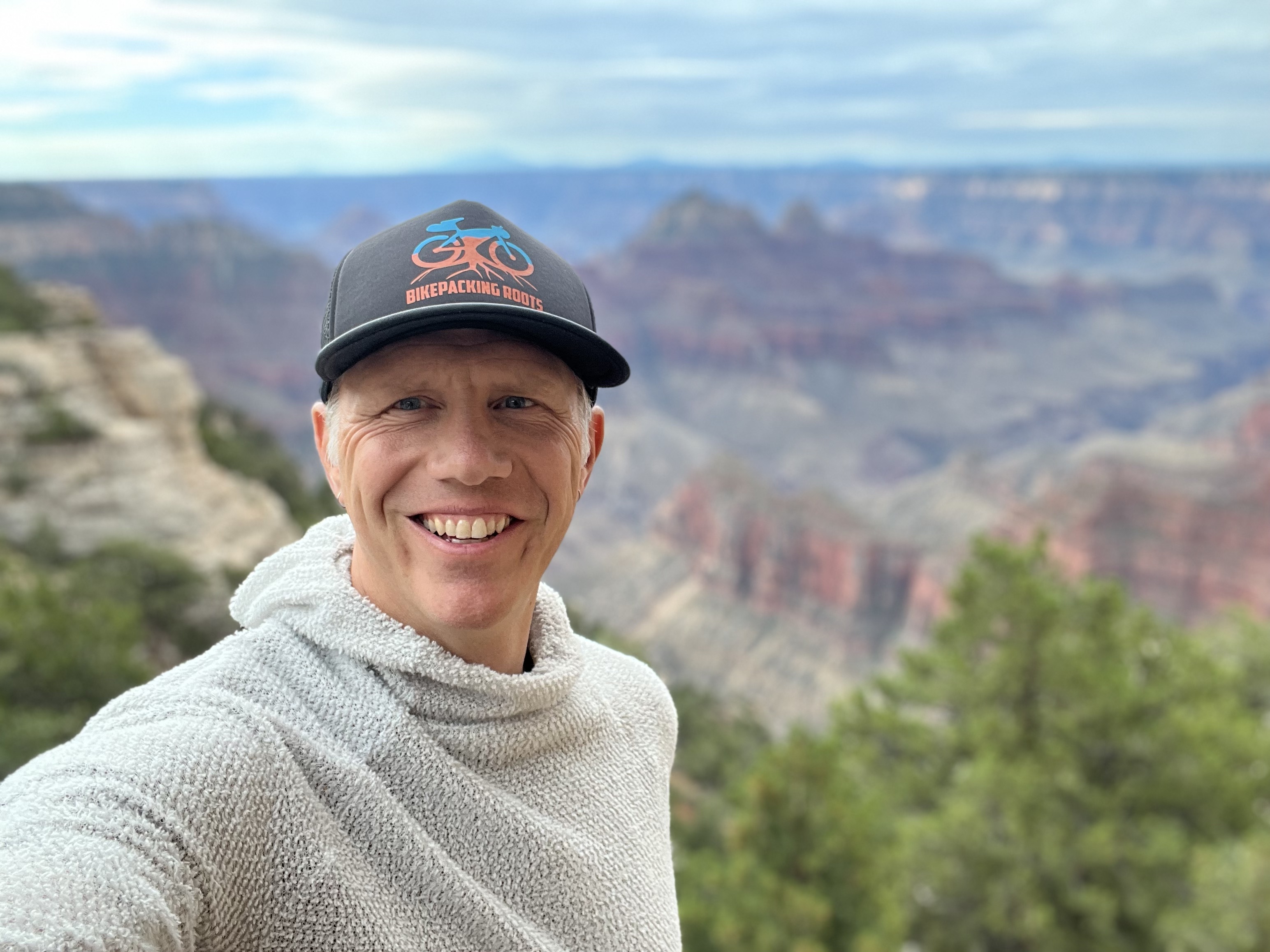Using IBL as an assessment strategy (Talk)
Several weeks ago I was asked to take part in the Project NExT Alternative Assessment Techniques panel discussion at the 2013 Joint Mathematics Meetings, which recently took place in San Diego, CA. I was extremely honored to be considered for the panel, but at the time I was not planning on attending the JMM, so I declined the invitation. A couple weeks later, it turned out that I was going to make it to the JMM after all. At about 11PM the night before I was going to fly to San Diego, I received an email from the organizers of the panel discussion indicating that one of the panelists was unable to make it and that they heard was going to be there. They asked if I could fill in at the last minute and I accepted.
Here is the abstract for the panel.
Since classroom assessment is used to determine a student’s level of mastery, how can we vary our methods of assessment to accurately reflect the diversity of ways that students learn and understand the material? Traditional methods of assessment, such as exams, quizzes, and homework, may not accurately and robustly measure some students’ understanding. In this panel, we will propose alternative methods and discuss the following questions:
– What assessments exist besides the traditional ones and how can I use them for my course?
– How can I determine the validity of an alternative assessment?
– How can I develop my own alternative assessments?
– How can alternative assessments help me evaluate the effectiveness of a non-traditional classroom?
It is worth pointing out that I’m not an assessment expert by any stretch of the imagination. Also, given that I had less than 48 hours to prepare amidst a pretty full schedule, I didn’t have a lot of time to come up with something new and creative for my talk. Inquiry-based learning (IBL) is one of my passions and I’ve given quite a few IBL-related talks in the past few months, so I decided to “twist” the ideas from some of my recent talks into a talk about assessment. In my talk, I propose implementing IBL not only as a pedagogical approach but also as an assessment strategy. This isn’t really a stretch since in my view, an effective IBL class is all assessment, all the time.
My fellow panelists included Theron Hitchman (University of Northern Iowa), Bonnie Gold (Monmouth University), and Victor Odafe (Bowling Green State University). Theron gave a talk on using Standards Based Assessment (you can find his slides here), Bonnie spoke on a variety of summative assessment techniques, and Victor shared his experience with oral assessment. It turns out that the person that I was filling for is mathematics education superstar Jo Boaler. Me filling in for her is ridiculous.
Here are the slides for my portion of the panel.
Thanks to the organizers of the panel Cassie Williams (James Madison University), Jane Butterfield (University of Minnesota), John Peter (Utica College), and Robert Campbell (College of Saint Benedict and Saint John’s University) for providing me with the opportunity to speak on the panel.
Dana C. Ernst
Mathematics & Teaching
Northern Arizona University
Flagstaff, AZ
Website
928.523.6852
Instagram
Strava
GitHub
arXiv
ResearchGate
LinkedIn
Mendeley
Google Scholar
Impact Story
ORCID
About This Site
This website was created using GitHub Pages and Jekyll together with Twitter Bootstrap.
Unless stated otherwise, content on this site is licensed under a Creative Commons Attribution-Share Alike 4.0 International License.
The views expressed on this site are my own and are not necessarily shared by my employer Northern Arizona University.
The source code is on GitHub.
Land Acknowledgement
Flagstaff and NAU sit at the base of the San Francisco Peaks, on homelands sacred to Native Americans throughout the region. The Peaks, which includes Humphreys Peak (12,633 feet), the highest point in Arizona, have religious significance to several Native American tribes. In particular, the Peaks form the Diné (Navajo) sacred mountain of the west, called Dook'o'oosłííd, which means "the summit that never melts". The Hopi name for the Peaks is Nuva'tukya'ovi, which translates to "place-of-snow-on-the-very-top". The land in the area surrounding Flagstaff is the ancestral homeland of the Hopi, Ndee/Nnēē (Western Apache), Yavapai, A:shiwi (Zuni Pueblo), and Diné (Navajo). We honor their past, present, and future generations, who have lived here for millennia and will forever call this place home.
